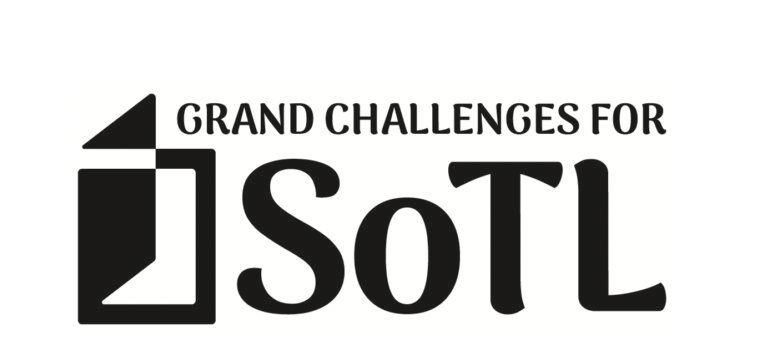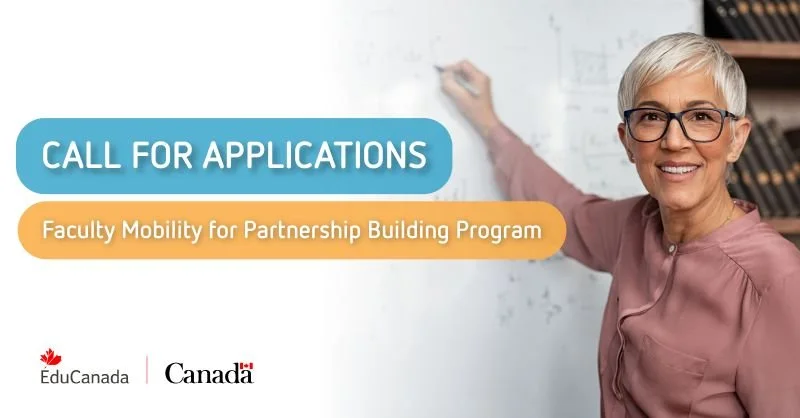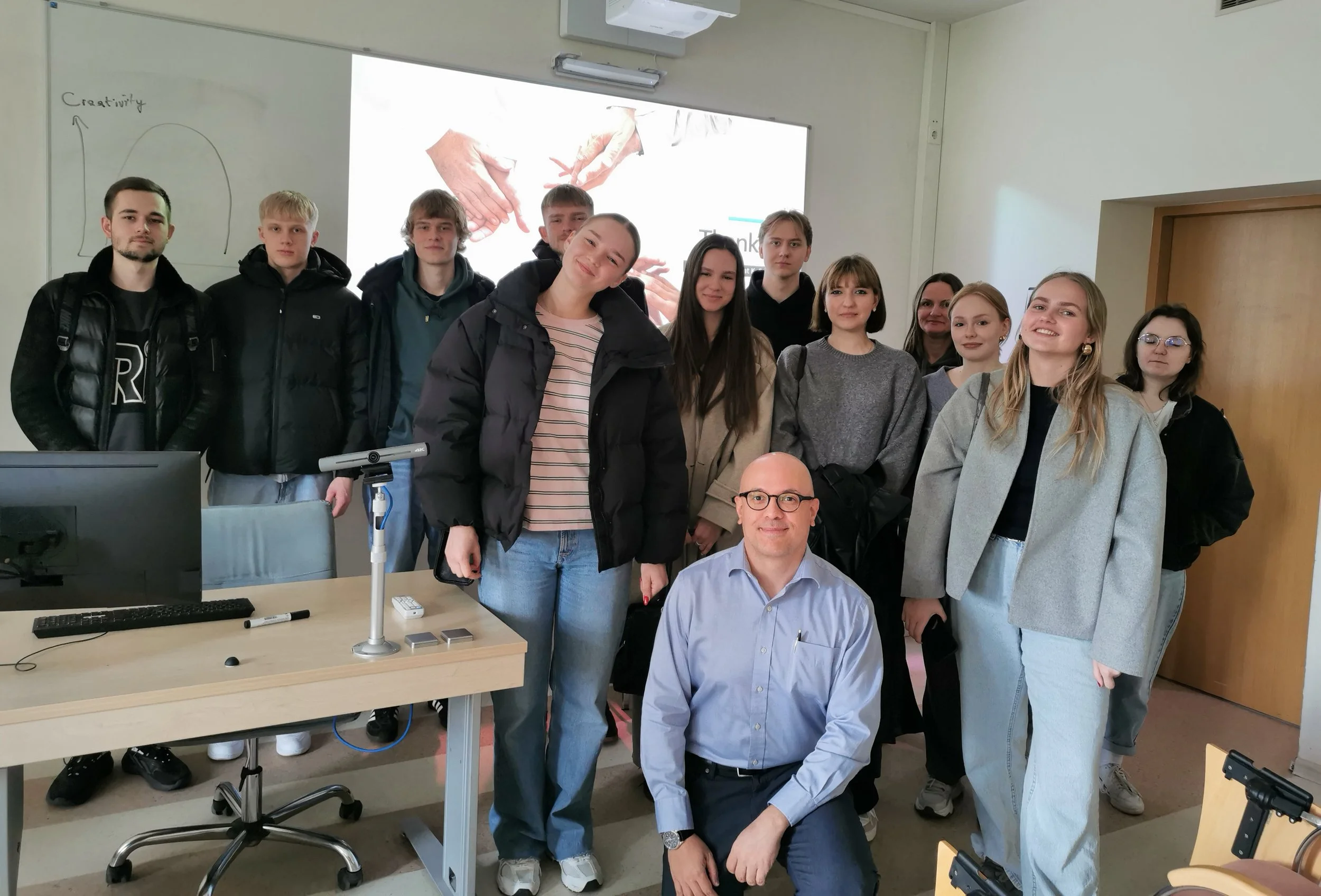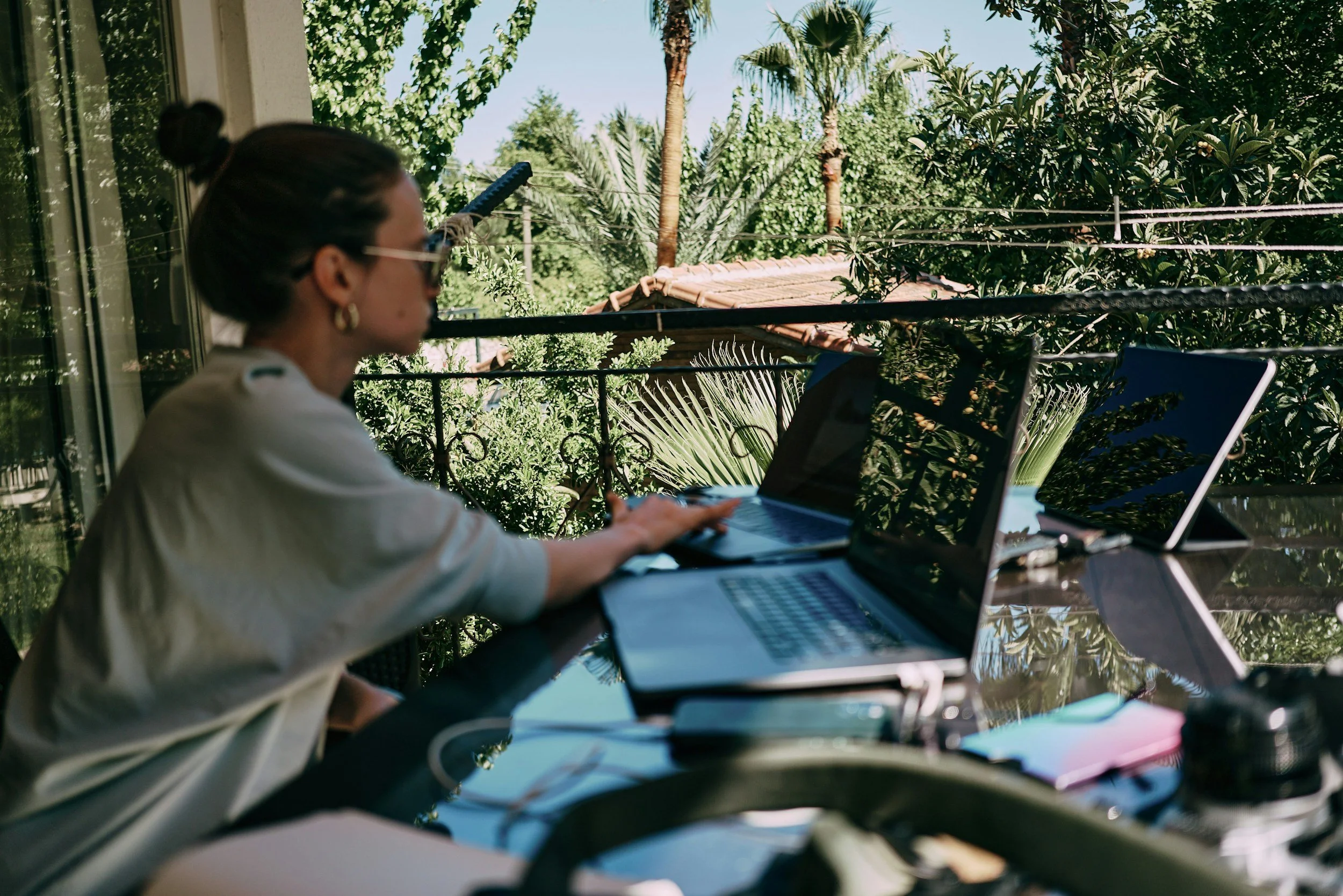The introduction of new features to support digital portfolio assessment in Brightspace is underway in the Studio for Teaching and Learning. As part of this process, we want to assess the extent to which Brightspace portfolio tools can support the unique needs of faculty at Saint Mary’s.
Digital portfolios, also known as e-portfolios, are known to be effective for fostering reflection, developing meta-cognition and enhancing engagement–important skills for student success and leadership.
Call for Participation
Are you already using portfolio assessment?
Are you interested in promoting reflective activity with your students?
Do you want to explore how including a digital portfolio in your course or program could improve learning outcomes?
If so, we invite you to share details about your specific context. We intend to use this information to evaluate the extent to which Brightspace tools will support the unique needs for Saint Mary’s program areas. Information will be gathered predominately by way of a virtual interview.
To indicate your interest in meeting with us, or if you have any questions, please contact Aman Verma [Aman.Verma@smu.ca] and Paul Maher [paul.maher@smu.ca].
About the project
There are four main parts to the discovery project:
Evaluation. As part of the process of rolling out new features within Brightspace. The Studio for Teaching and Learning will evaluate the Brightspace portfolio tool in relation to current best practices and the requirements of Saint Mary’s program areas.
Literature Scan. Our project will include a scan of best practices regarding digital portfolios, with a particular focus on contexts that relate to Saint Mary’s University.
Community of Learning. Colleagues interested in exploring the use of portfolio assessment will be invited to engage in a learning community. Topics could include, for example, how portfolio assessment is presently, or identifying contexts where digital portfolio activity may enhance student success. Of particular interest would be settings where fostering reflection, metacognition and self-leadership are beneficial.
Demonstration. We will develop several demonstration portfolios which will illustrate the attributes students can use within their digital portfolio and outline the processes by which faculty and staff can guide the process. These demonstration portfolios will be based on insights gained from discussions with colleagues.
What is a digital portfolio?
Portfolio assessment has great potential by which students can synthesize, analyze and evaluate their learning, through a process of dialogue and reflection. Experiential learning cycles place reflection as the key stage where experience transforms into learning. Reflection also drives metacognition, critical to the process of building on existing knowledge or making connections between concepts.
With digital portfolios, digital tools provide more choice to students when developing portfolios and the processes involved in guiding their efforts. Digital portfolios provide opportunities to demonstrate learning, make connections and engage in reflection using any combination of text, images, audio and video. Surveys of students indicate they prefer digital learning experiences and indicate a heightened ability to learn new concepts when using digital tools. A central feature of a portfolio is an ongoing dialogue that occurs, whereby a learner reviews their learning process, with external mentorship occurring at key points. The format and features of digital portfolios ably support this form of communication and afford choice across communication modes, including image, text, audio and video.
Digital portfolios are included within high-impact practices. By fostering self-leadership in their learning process, students make meaningful and authentic connections to course content and develop a more holistic and deeper understanding of core concepts. While dependent on context digital portfolios typically feature:
Selecting evidence (also referred to as artifacts), according to set criteria.
Descriptions to identify characteristics of the evidence according to set criteria.
Reflection on progress, experience and to propose areas for future exploration and focus.
About the project team
Aman Verma is currently in his third year doing a major in computer science and business administration. While he was born in India, he has lived in a number of countries prior to moving to Canada to commence his studies. Aman is good at computer programming in various languages such as Java, Python, HTML & CSS, JavaScript and many more. Other than working with computers for his course work, he loves to use his programming skills to build websites and e-commerce stores. In his third year, Aman worked on a project with Dal Architecture Students in Mobile App Development class to develop a website based on his clients' requirements. After each task/project he was assigned to reflect on the project and group work. This is important in the field of CS because big tech companies look at a portfolio to get an idea about the candidates' experience and projects they worked on. This experience has motivated him to join the Digital Portfolio research project. Aman feels that portfolios are a great means to focus students on the course/project objectives and prepare for new opportunities. Thanks to the generosity of the SMU Works program the Studio was able to retain Aman Verma to join our project team.
Paul Maher (Educational Developer, Digital Learning) has an extensive background in higher education. His course design extensively features project-based learning with portfolios as assessment as an integral component. Since moving into academic support (teaching and learning), he has been studying current research on cognition and learning and has led several evaluation projects related to experiential learning.



























